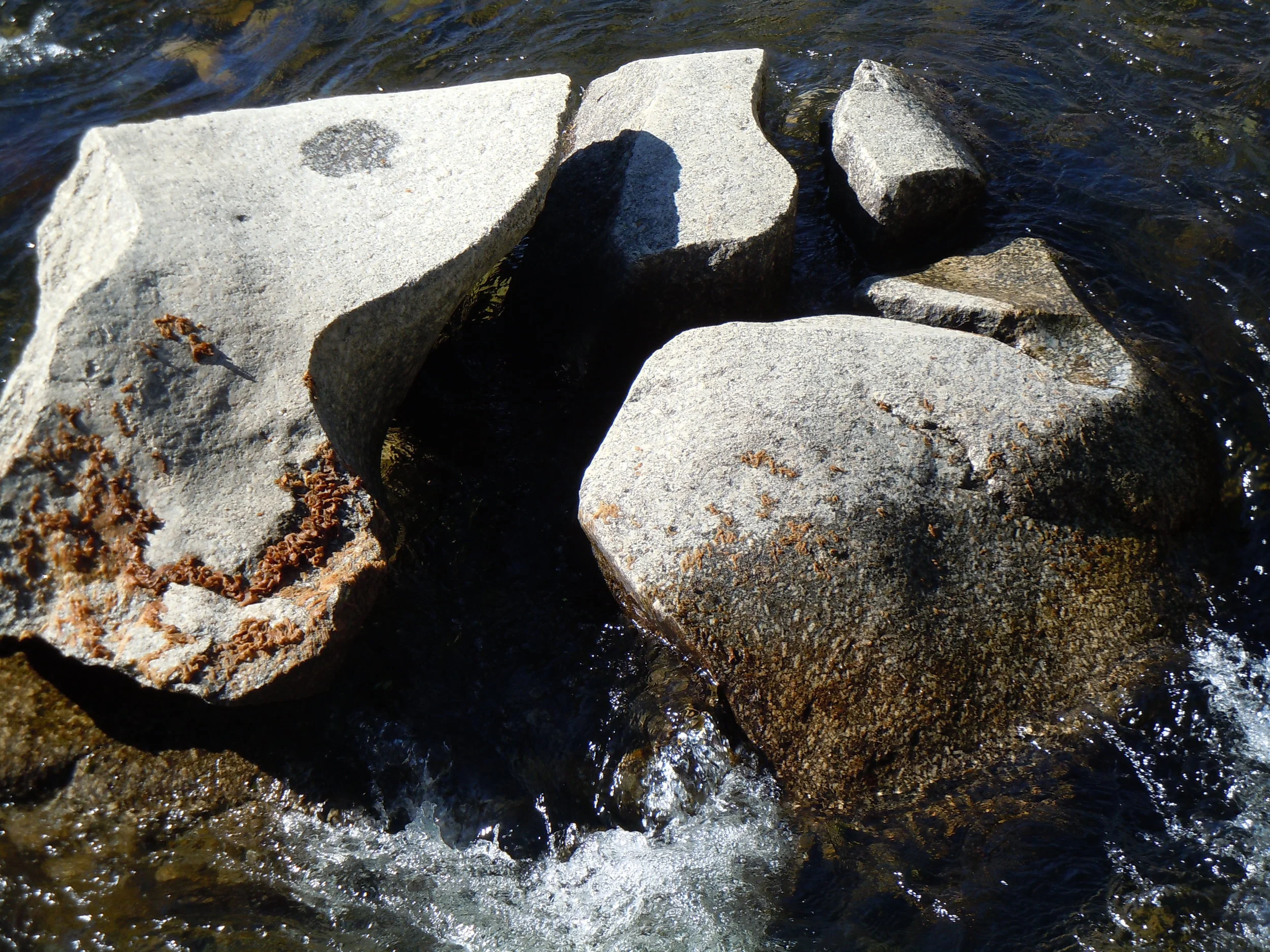We understand that there are many questions that you may have. We've compiled a list of the ten most common questions that we are asked.
1. Is there anything I should know before my first treatment?
For your acupuncture appointments, be sure to wear loose clothing and eat something before arriving at your appointment. Your first treatment will last for 90 minutes, with all subsequent follow-up appointments lasting 60 minutes. Your first treatment is longer because we will sit down for a thorough interview process to discuss details about your current health and health history. We will then take your pulse and look at your tongue, which are two Chinese diagnostic methods that assess the internal health of your body. We will end the session with a full acupuncture treatment. The needles will be retained for 20-30 minutes as you lay on a table in dim lighting and listen to soothing music. Most patients find this time to be very relaxing, and many take a restorative power nap during this time. After your first treatment, the benefits of acupuncture start immediately. You may notice that you have an excellent night sleep, increased energy and focus, decreased stress, and a reduction in pain.
2. How does acupuncture work?
Systemic balance is critical to one's health and wellbeing. In Western medicine, this is referred to as homeostasis. The body is easily thrown out of balance - due to stress, trauma, a poor night's sleep, etc. Imbalances result in symptoms or disorders such as pain, insomnia, digestive issues, stress, gynecological disorders, allergies, depression, common colds, and other symptoms. Acupuncture helps restore harmony between the mind, body, and spirit so that organs and bodily systems function properly. This allows the body to repair itself and maintain its own optimal health.
From a Western medical perspective, acupuncture has physiological benefits, such as:
- Stimulating the immune system and increasing white blood cells, which help protect the body from infection
- Regulating blood sugar metabolism, which helps the body use energy more efficiently
- Increasing blood circulation and lowering blood pressure, cholesterol, and triglycerides
- Improving digestion by increasing stomach peristalsis and regulating digestive fluids
- Regulating and stimulating serotonin, a neurotransmitter that is known to promote better sleep, appetite, and emotional wellbeing.
- Increasing the availability of receptors in the brain that process and weaken pain signals
- Increasing the release of endorphins and the body's natural painkillers to decrease pain
- Affecting the brain's short- and long-term ability to reduce pain sensation
3. Does acupuncture hurt?
Acupuncture needles can stimulate a sensation after they are inserted, but few would refer to this as 'pain'. Most people describe the sensation like a heavy, dull, warm ache, and find it to be pleasant and relaxing. Some areas of the body are more sensitive, including the fingers, toes, palms, and soles. However, this is usually just a quick pinch upon insertion of the needle, which fades quickly. Due to the acupuncture needles being extremely fine (about the width of one strand of hair!) and the swiftness of the insertion, the pain reflexes on the nerve endings are not stimulated upon insertion of an acupuncture needle. By the time all of the needles are inserted, you generally do not feel any of them... Allowing you to drift off into a state of blissful relaxation!
4. What does acupuncture treat?
Since acupuncture stimulates the body's natural ability to heal itself, acupuncture is successful in treating many, many conditions! The World Health Organization (WHO) has identified over 40 diseases that are effectively treated with acupuncture. However, acupuncture and Chinese medicine is a complete medical system that is capable of effectively treating a wide range of conditions.
Find out more information about what acupuncture and Chinese medicine can treat by seeing the Conditions Treated page, or by clicking the link below:
http://www.evidencebasedacupuncture.org/who-official-position/
5. What is Traditional Chinese Medicine?
Traditional Chinese Medicine (TCM) is the oldest, most comprehensive medical system that is still practiced today! TCM combines 5 modalities, including: Acupuncture, Chinese herbal medicine, Eastern dietary therapy, Chinese medical massage, and exercise. TCM combines thousands of years of clinical knowledge with today's research, so that it stays current with treating complex medical issues that are seen today.
Therefore, although acupuncture is the most well-known modality here in the West, Traditional Chinese Medicine practitioners are well-rounded in other modalities as well! See our Modalities page for more information.
6. How often should I come in for treatment?
To determine your rate of response to treatment, we have an assessment period of treatment. This typically includes 3-6 treatments in quick succession (optimally within the same week). After this assessment period has concluded, we will discuss the rate in which you are responding to treatment. This will allow us to develop an accurate treatment plan moving forward.
7. Do you have to be certified to practice acupuncture?
Yes! Acupuncturists and Chinese Medicine Practitioners clock more hours in school than lawyers, and attend a 4.5-year long Chinese Medicine school (over 3,000 contact hours). We are nationally certified by the National Certification Commission for Acupuncture and Oriental Medicine (NCCAOM) after passing 4 national board examinations. In addition, Ariel maintains her state licensure in New Hampshire and New York.
8. Can you treat more than one condition at the same time?
Absolutely! Part of the beauty of Traditional Chinese Medicine and acupuncture is that these techniques help support the body so that the body can heal itself. Many people notice coming in for one ailment, and finding that their overall health - including digestion, sleep, mood, and focus - improve simultaneously.
9. Do you treat children?
Yes! I treat patients of all ages. Nobody is too young or too old.
10. Do I have to believe in acupuncture in order for it to work?
Acupuncture has been effective for thousands of years. The effectiveness of acupuncture is evidence-based and is supported by countless research studies. Belief in acupuncture is not a requirement for acupuncture to be effective.
